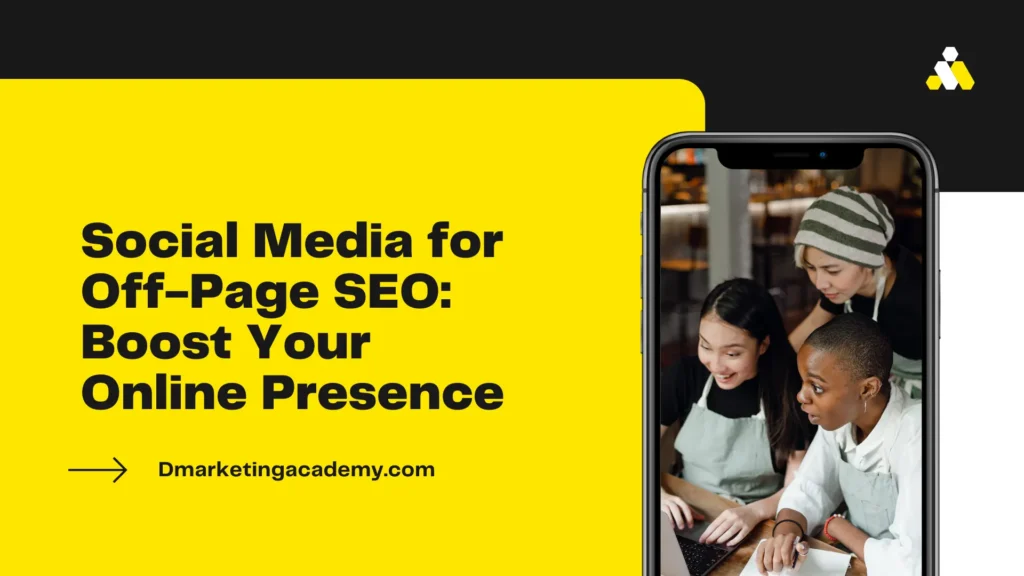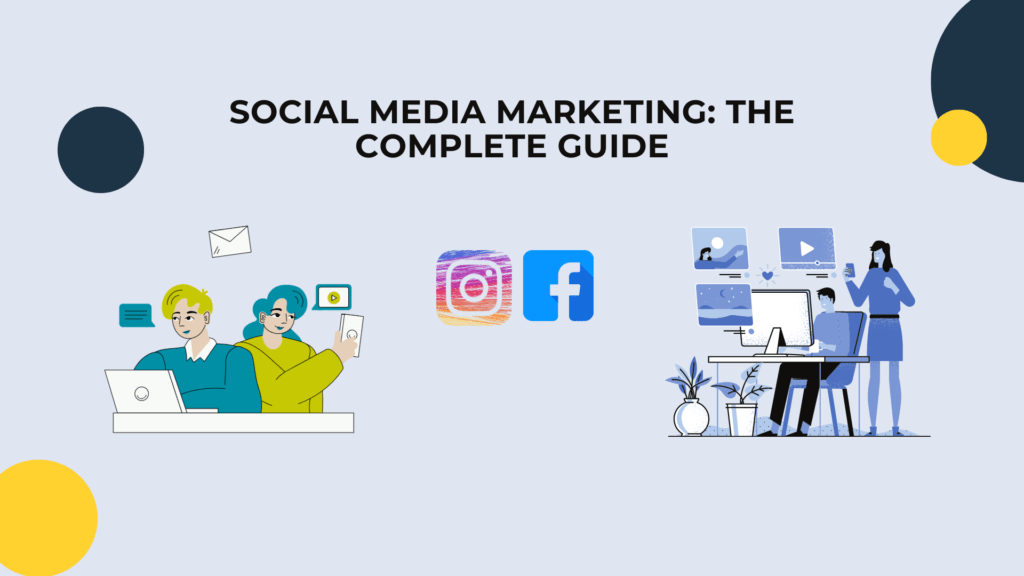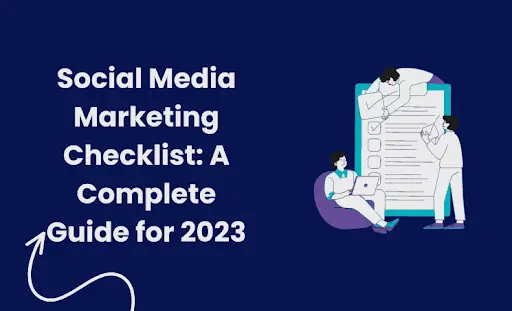In today’s digital environment, having a strong online presence is essential for both individuals and organizations. One of the most effective ways to boost your online presence is through off-page search engine optimization (SEO) techniques. While traditional SEO focuses on optimizing your website’s content and structure, off-page SEO involves strategies that take place outside of your website. Social media platforms have become a powerful tool for enhancing off-page SEO and expanding your reach to a wider audience. In this article, we will explore how social media can help you boost your online presence and improve your off-page SEO efforts.
Introduction
Social media has changed how we interact, communicate, and consume information in the digital age. It has also become a valuable asset for businesses and website owners looking to increase their online visibility. Social media platforms such as Facebook, Twitter, Instagram, and LinkedIn provide an opportunity to engage with your target audience, build brand awareness, and drive traffic to your website. When used strategically, social media can significantly contribute to your off-page SEO efforts.
What is Off-Page SEO
Before diving into the role of social media in off-page SEO, let’s briefly understand what off-page SEO entails. Off-page SEO refers to the actions taken outside of your own website to improve its search engine rankings. While on-page SEO focuses on optimizing elements within your website, off-page SEO involves external factors such as link building, social signals, and brand mentions. It aims to increase your website’s authority, credibility, and relevance in the eyes of search engines.
The Role of Social Media in SEO
Social media plays a vital role in off-page SEO due to its ability to generate backlinks, increase brand visibility, and drive referral traffic. Social signals like likes, shares, and comments are taken into account by search engines as indicators of the value and relevancy of the material. When your content receives high engagement on social media, it can positively impact your search engine rankings. Additionally, social media platforms act as channels for sharing and promoting your content, which can lead to more external links and increased website authority.
Choosing the Right Social Media Platforms
With so many social media sites accessible, it’s critical to pick those that are compatible with your target market and corporate goals. Each platform caters to different demographics and user preferences. For example, if you have a visual-based business such as a fashion brand or a travel blog, platforms like Instagram and Pinterest may be more suitable. On the other hand, if you target professionals and businesses, LinkedIn might be the ideal platform to focus on. Research your audience and analyze platform demographics to determine where your efforts will yield the highest return on investment.
Creating Engaging Content
Content is the backbone of any successful social media strategy. To capture the attention of your audience and encourage engagement, you need to create compelling and shareable content. This includes a mix of informative articles, entertaining videos, visually appealing images, and interactive posts. Tailor your content to suit each platform’s unique features and user expectations. Experiment with different formats and themes to discover what resonates best with your audience.
Building a Strong Social Media Following
Having a substantial social media following is crucial for maximizing the impact of your off-page SEO efforts. A larger following not only increases the reach of your content but also enhances your credibility and authority. To build a strong following, focus on organic growth strategies such as consistently posting high-quality content, engaging with your audience, and leveraging relevant hashtags. Encourage your website visitors to connect with you on social media by prominently displaying social media icons and links on your website.
Sharing and Promoting Your Content
Once you have created valuable content, it’s important to actively share and promote it on social media. Share your blog posts, articles, videos, and other resources across your social media profiles. Optimize your content for each platform by tailoring the captions, hashtags, and visuals to align with the platform’s best practices. Encourage your followers to share your content by making it easily shareable and by including social sharing buttons on your website.
Engaging with Your Audience
Social media is a two-way communication channel. To strengthen your online presence, actively engage with your audience. Respond to comments, answer questions, and participate in discussions related to your industry or niche. This not only builds trust and rapport but also encourages your followers to become brand advocates. Engaging with your audience humanizes your brand and fosters a sense of community, which can lead to increased brand loyalty and advocacy.
Collaborating with Influencers
Influencer marketing has become a popular and effective strategy for businesses to expand their reach and boost their online presence. Identify influencers in your industry or niche who align with your brand values and have a substantial following. Collaborate with them to create sponsored content, guest blog posts, or social media takeovers. Influencers can introduce your brand to their audience, generating brand awareness and driving traffic to your website.
Leveraging User-Generated
Content User-generated content (UGC) refers to content created and shared by your customers or followers. It can be in the form of reviews, testimonials, social media posts, or blog articles. UGC is a powerful tool for building trust, authenticity, and social proof. Encourage your audience to create and share content related to your brand by running contests, featuring user content on your social media profiles, or offering incentives for participation. User-generated content not only boosts your online presence but also fosters a sense of community and brand loyalty.
Social Media Advertising
In addition to organic strategies, social media advertising can further amplify your off-page SEO efforts. Platforms like Facebook, Instagram, and LinkedIn offer robust advertising options to reach your target audience with precision. Invest in targeted ads that align with your business objectives and drive traffic to your website. Social media advertising can be a cost-effective way to boost your online presence and expand your reach beyond your organic following.
Measuring and Analyzing Results
To gauge the effectiveness of your social media off-page SEO efforts, it’s crucial to measure and analyze your results. Utilize social media analytics tools to track key metrics such as engagement rate, reach, referral traffic, and conversions. Identify which types of content perform best and adjust your strategy accordingly. Regularly monitoring and analyzing your results will help you optimize your social media efforts and make data-driven decisions.
Best Practices for Social Media Off-Page SEO
To make the most of social media for off-page SEO, follow these best practices:
Consistency
- Regularly post high-quality content and engage with your audience.
Optimization
- Tailor your content and captions to each platform’s best practices.
Hashtags
- Utilize relevant hashtags to increase the discoverability of your content.
Quality over Quantity
- Focus on creating valuable and shareable content rather than pursuing vanity metrics.
Community Building
- Foster a sense of community and engage with your audience to build brand loyalty and advocacy.
Conclusion
In conclusion, social media platforms play a significant role in enhancing your off-page SEO efforts and boosting your online presence. By strategically leveraging social media, you can generate backlinks, increase brand visibility, engage with your audience, and drive referral traffic to your website. Remember to choose the right platforms, create engaging content, build a strong following, and actively promote your content. Analyze your results and continuously optimize your strategy to maximize the benefits of social media for off-page SEO.
Author
-
A Digital marketing expert with 2 Years of hands-on experience in On-page SEO, Off-page SEO, and WordPress. Currently working as a SEO Interim Manager at 7Eagles. He Completed his Master Degree MBA Specializing in Marketing and Finance. He has 2 Years of work experience in Digital Marketing Field. He Handled projects in Saas, Healthcare, Finance, Real-estate. He is strong on Handling Y.M.Y.L (Your Money Your Life) Niche projects.



